The table below table shows the full results of water analyses commissioned by BABBs in March 2019. Note that the City and West sources come from the same source, while the Cleveland, Northgate, and Rochedale South all come from separate reservoirs. There is quite an amount of variation in metals across samples from the City and West region, likely due to different local plumbing materials.
Brisbane water is treated with both Chlorine and Chloramine. Chlorine will evaporate or boil of quite easily. Chloramine must be either neutralised with Campden or filtered by slowly passing water through a carbon filter. If not dealt with chloramines will react with phenols in malt to produce chlorophenols. These are detectable as a plastic-like taste in just a few parts-per-billion in finished beer! Think band-aid plastic, medicinal, or listerine mouthwash flavour and aroma.
Chlorophenols can also come from your garden hose, and from bacterial infection. So use food grade hoses, follow a good cleaning and sanitation process, and treat your water if you’re getting it from the tap!
Too many numbers? Here are the numbers you need for your brewing software in the central and west Brisbane areas:
- Calcium (Ca) 26
- Magnesium (Mg) 15
- Sodium (Na) 44
- Potassium (K) 3
- Iron (Fe) 0
- Bicarbonate (HC03) 117.1
- Carbonate (C03) 0
- Sulphate (S04) 25
- Chloride (Cl) 73
Many of our members use and recommend the Bru’N Water water chemistry calculator. See Nick’s water tips for more information.
See the map below for the source of samples in relation to Brisbane reservoirs.
| Region> | CITY & WEST | SOUTH-EAST | NORTH-EAST | SOUTH | ||||||||||||
|---|---|---|---|---|---|---|---|---|---|---|---|---|---|---|---|---|
| Location> | Average | Coorparoo | Stafford | Salisbury | Kenmore | Woolongabba | Milton | Holland Park | Seventeen Mile Rocks | The Gap | Cleveland | Northgate | Rochedale South | Home RO System | ||
| pH by PC Titrator | pH Value | pH Unit | 7.69 | 7.76 | 7.61 | 7.67 | 7.74 | 7.78 | 7.7 | 7.61 | 7.71 | 7.65 | 7.42 | 7.61 | 7.22 | 6.31 |
| Alkalinity by PC Titrator | Total Alkalinity as CaCO3 | mg/L | 96 | 96 | 95 | 97 | 95 | 98 | 97 | 96 | 97 | 96 | 56 | 88 | 92 | 11 |
| Dissolved Major Cations | Calcium | mg/L | 26 | 27 | 26 | 26 | 26 | 25 | 25 | 26 | 26 | 25 | 21 | 24 | 27 | <1 |
| Dissolved Major Cations | Magnesium | mg/L | 15 | 16 | 16 | 15 | 15 | 15 | 15 | 15 | 15 | 14 | 4 | 12 | 14 | <1 |
| Dissolved Major Cations | Sodium | mg/L | 44 | 46 | 46 | 45 | 44 | 44 | 43 | 44 | 43 | 42 | 22 | 39 | 42 | 3 |
| Dissolved Major Cations | Potassium | mg/L | 3 | 4 | 4 | 4 | 3 | 3 | 3 | 3 | 3 | 3 | 1 | 3 | 3 | <1 |
| Dissolved Metals by ICP-MS | Iron | mg/L | 0.00 | <0.05 | <0.05 | <0.05 | <0.05 | <0.05 | <0.05 | <0.05 | <0.05 | <0.05 | <0.05 | <0.05 | <0.05 | <0.05 |
| Sulfate (Turbidimetric) as SO4 2- by DA | Sulfate as SO4 - Turbidimetric | mg/L | 25 | 26 | 26 | 26 | 25 | 25 | 26 | 26 | 23 | 24 | 12 | 25 | 24 | <1 |
| Chloride by Discrete Analyser | Chloride | mg/L | 73 | 73 | 73 | 73 | 73 | 72 | 74 | 74 | 74 | 74 | 40 | 62 | 72 | 4 |
| [Most brewers can stop here] | ||||||||||||||||
| Total Hardness as CaCO3 | Total Hardness as CaCO3 | mg/L | 127 | 133 | 131 | 127 | 127 | 124 | 124 | 127 | 127 | 120 | 69 | 109 | 125 | <1 |
| Calcium Hardness as CaCO3 | Calcium Hardness as CaCO3 | mg/L | 64 | 67 | 65 | 65 | 65 | 62 | 62 | 65 | 65 | 62 | 52 | 60 | 67 | <1 |
| Magnesium Hardness as CaCO3 | Magnesium Hardness as CaCO3 | mg/L | 62 | 66 | 66 | 62 | 62 | 62 | 62 | 62 | 62 | 58 | 16 | 49 | 58 | <1 |
| Residual Alkali | Residual Alkali | meq/L | -0.6 | -0.7 | -0.7 | -0.6 | -0.6 | -0.5 | -0.5 | -0.6 | -0.6 | -0.5 | -0.2 | -0.4 | -0.7 | 0.2 |
| Dissolved Metals by ICP-MS | Aluminium | mg/L | 0.06 | 0.06 | 0.06 | 0.06 | 0.06 | 0.07 | 0.06 | 0.05 | 0.06 | 0.05 | 0.03 | 0.04 | 0.02 | <0.01 |
| Dissolved Metals by ICP-MS | Copper | mg/L | 0.061 | 0.12 | 0.008 | 0.028 | 0.028 | 0.256 | 0.003 | 0.056 | 0.017 | 0.035 | 0.017 | 0.048 | 0.14 | <0.001 |
| Dissolved Metals by ICP-MS | Zinc | mg/L | 0.025 | 0.05 | <0.005 | 0.012 | 0.007 | 0.128 | <0.005 | 0.028 | <0.005 | <0.005 | 0.01 | 0.006 | 0.482 | 0.014 |
| Ionic Balance | Total Anions | meq/L | 4.5 | 4.52 | 4.5 | 4.54 | 4.48 | 4.51 | 4.57 | 4.55 | 4.5 | 4.5 | 2.5 | 4.03 | 4.37 | 0.33 |
| Ionic Balance | Total Cations | meq/L | 4.5 | 4.77 | 4.72 | 4.59 | 4.52 | 4.47 | 4.43 | 4.52 | 4.48 | 4.3 | 2.36 | 3.96 | 4.4 | 0.13 |
| Ionic Balance | Ionic Balance | % | 1.21 | 2.68 | 2.37 | 0.58 | 0.5 | 0.41 | 1.53 | 0.27 | 0.28 | 2.29 | 0.87 | 0.39 |

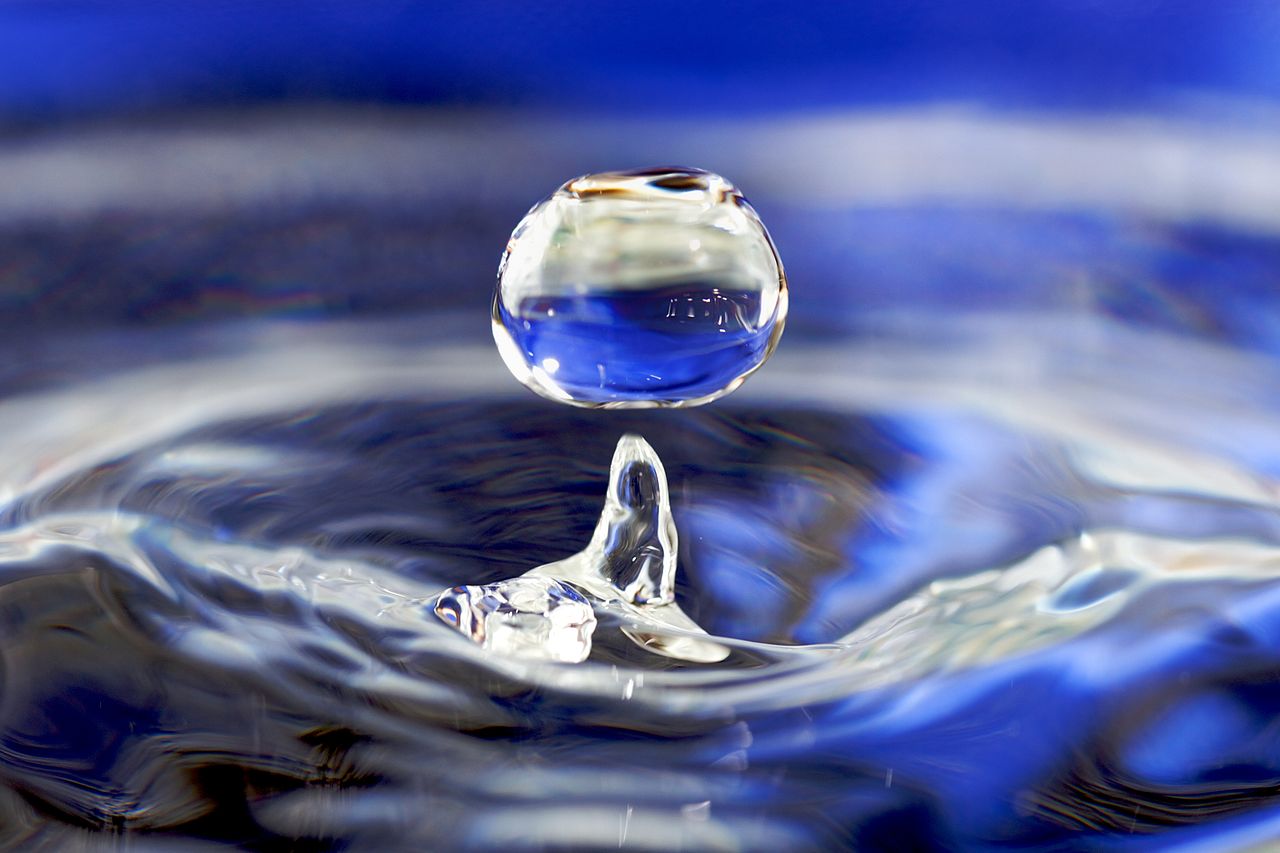
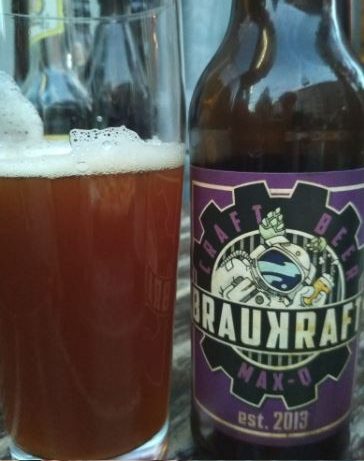
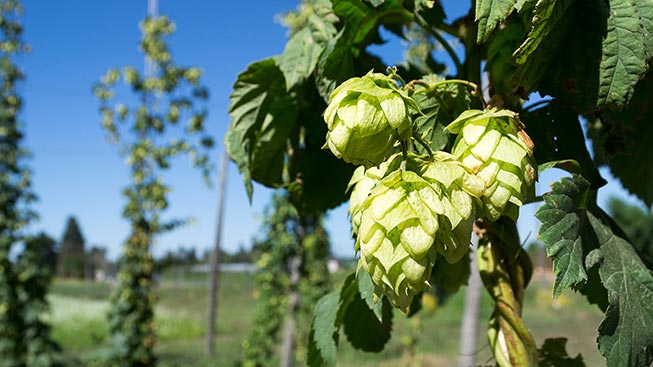
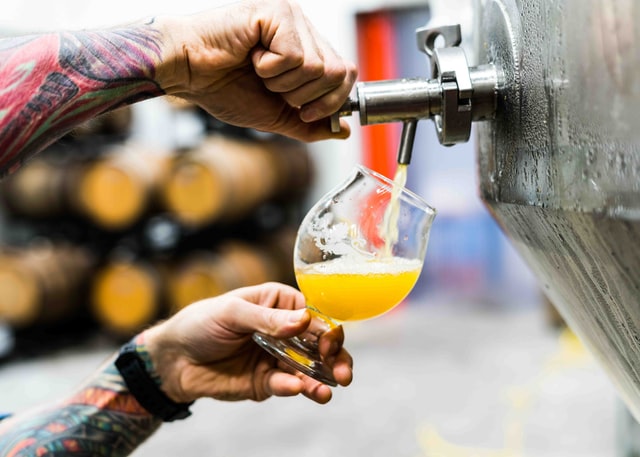
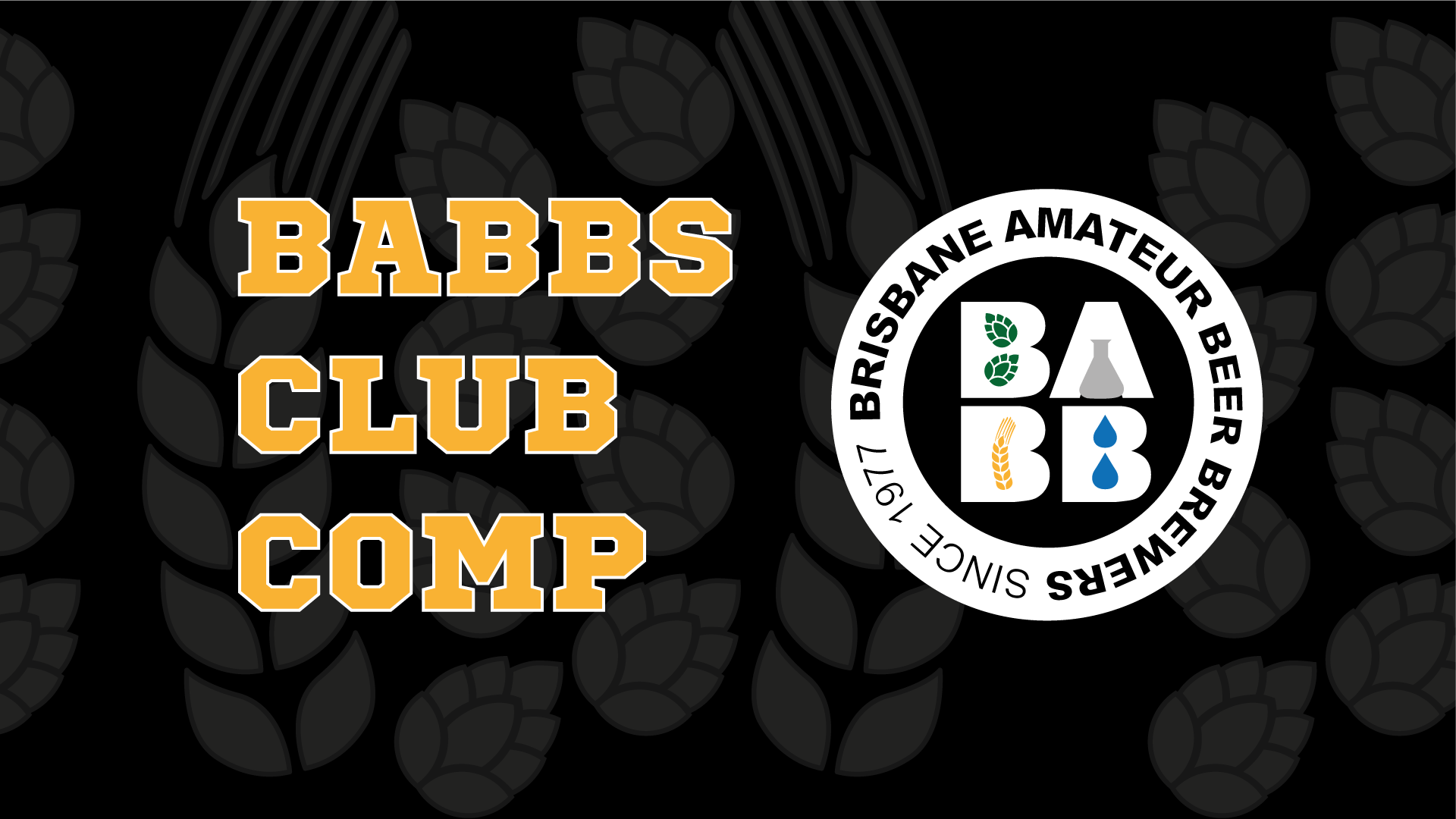
Hi.
Is Wynnum manly area counted as “south Brisbane” or “southeast Brisbane” as far as water profile is concerned?
Thanks in advance.
Thanks Ben, you would have to check with Queensland Utilities to be sure of where your water comes from but I think the Cleveland data should be a pretty safe bet
Hi
Thanks for this information page. I live in north Brisbane – Eatons Hill. Do you know who handles the water processing around this area? Would it be the same as the Stafford reading you’ve shown?
Also, for my friend in the Glass House mountains, would you know where to inquire about getting that water info?
Many thanks for any help you can offer.
Gart
No worries Gary, we’re happy to share this information. It doesn’t seem to far from Stafford so you should be pretty safe. You could confirm with Queensland Utilities, they would probably have the source of your water listed on their website. If it’s any consolation, the water supply across Brisbane is fairly similar.
You’d expect the water up in the Glasshouse Mountains to be a bit different, I think you would need to contact the provider Unity Water for details about that supply. It’s worth giving them a call, they are often really helpful with information, especially if the person you catch happens to be a home brewer. Your mate might also ask at any commercial breweries in the area.
Hi,
I’m in New Farm and looking at turning Brisbane tap water into sparkling water.
Your analysis is wonderful but the calculator I’m using also looks for bicarbonate and nitrate.
Any clues please?
And where can I buy 100g or so of Burton Salts?
Can’t find that anywhere.
Cheers, Peter
Hi Peter,
Nitrates are pollutants from organic sources, SEQ Water own analyses will be able to give you an indication of what nitrates are present. “Burton” salts are a mixture of Calcium Chloride (gypsum), Potassium Chloride, and Magnesium Chloride (Epsom salt). The gypsum will be the main thing you need. BNE water is already high in Magnesium. Brewing shops like Hoppy Days or Craftbrewer will sell these salts. Cheers!